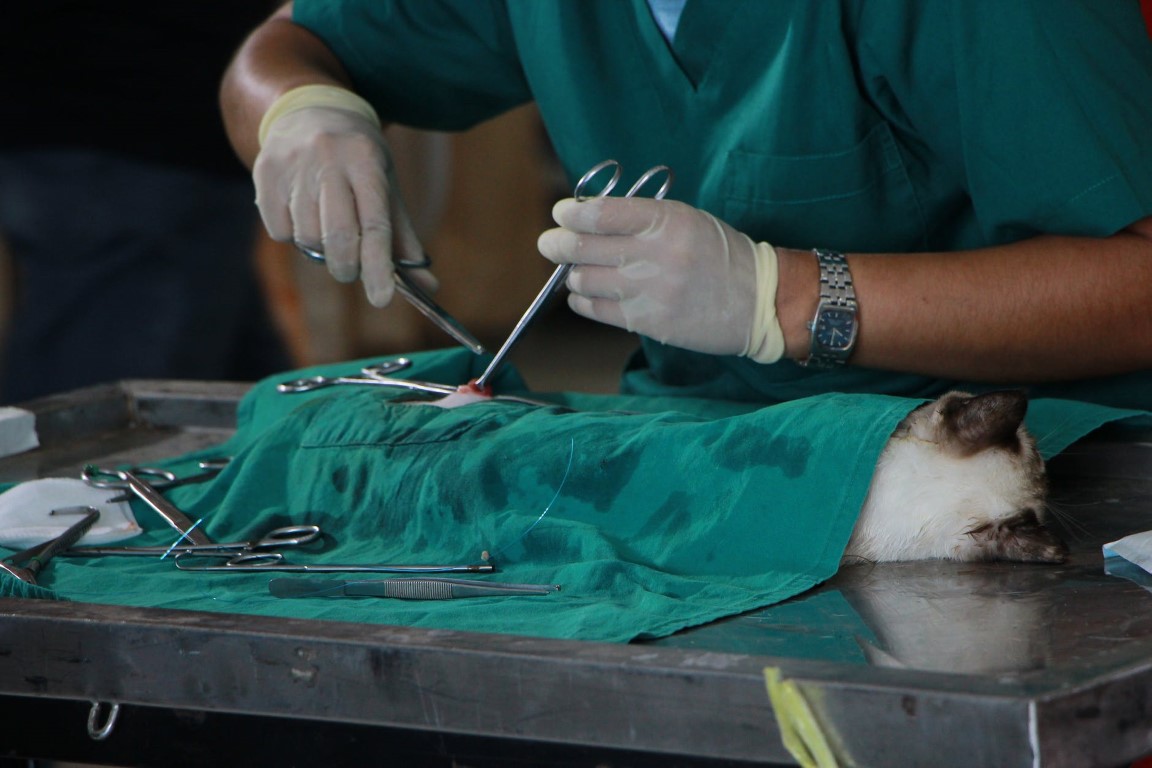I’m Kristina. I’m Austrian, but my home of choice is Mexico. Basically I’m a veterinarian by training. Actually I’m a student of Communication for Development in Sweden at Malmö University and a survival artist, and as such – as a student, not as a survival artist – I was given the task to explore ICT and NM for development and social change in this and my following blog posts.
Huh? ICT? NM? What are they talking about? What should I explore? What am I to do?
‘Write a communication plan’, I read in the assignment description.
A what?
‘Your blog content should demonstrate that you have gained an understanding of how NM and ICTs…’
Wait, wait, wait. Stop. I first have to wipe the sweat from my forehead before I’m able to continue reading. Or maybe I should write: I need to eliminate some beads of perspiration. Yes, that sounds a bit more eloquent. Phew, I’m a pet doc and again, like in each assignment, I have not much of a clue what’s going on.
NMICT&D!? Of course!? Uh-huh!?
Maybe, instead of demonstrating my lack of understanding of NMs or ICTs I could demonstrate how to neuter a cat? Or how to make Viennese Apple Strudel? Or maybe I should start looking on the internet and google what ICT means, since fortunately I have internet access, a computer and the knowledge of how to use it.
But first let me tell you why a vet, me, has decided to explore the unknown territory of Communication for Development and to do her Masters in ComDev.
After graduating from the University of Veterinary Medicine Vienna, I practiced several years as a vet in the same city and have to admit that I’ve never loved the job. But after so many years of intense learning I did what I thought I had to do: I examined my patients, vaccinated them, treated them and dressed their wounds. And the part I enjoyed the most? Communicating with the owners, being on hand with help and advice. And the role I disliked the most? Performing as a surgeon. To overcome my unease and practice my castration skills, but also to perform a good deed, I joined as a volunteer a spay and neuter project for cats and dogs in Koh Lanta, Thailand, since reducing the stray animal population of cats and dogs is not only an important step to improve their welfare but also results in better lives for both the animal and human communities.
Austria vs Thailand
It was the very first time that I was outside of Europe, and, to put it mildly, I was shocked. But even more so I was thrilled. This world was so different from everything that I had seen and smelled and experienced before, hence I learned so much more than just neutering cats and dogs!
I was flabbergasted
As a consequence, back home in Austria, I questioned even more whether I’d be in the right spot. However, just one month later my partner at the time had a job offer at Stanford University, California, and I had to decide how and where I’d continue my life. I had never wanted to live in the US. Still, I took the chance to change my life’s direction. Thus, I gave up my job, my beautiful apartment, my comfortable lifestyle in the safe, because familiar environment of my culture, to enter an uncertain future in Silicon Valley, the global center for high technology and innovation.
Neither having a work permit nor friends nor money – have you known, that the rent for a shabby (but not chic) one-bedroom apartment is between 2000 and 4000 USD? – I had to endure very, very long days all by myself in this shabby apartment. My only companions were my phone and my computer (her name is Gretchen) and their associate: the internet. “I’m in Silicon Valley”, I thought, “maybe I should learn some basics in programming.” And my companions and their associate helped me find people in the online world, who patiently enlightened me. All free of charge but not free of unpleasant experiences. I learned that not all the internet sources mean well and Gretchen and I have now and then struggled with viral diseases (none of them Corona, I’m sure). But I’ve more and more overcome my digital illiteracy and further and further developed the needed skills to live, learn and communicate through digital technologies. I’ve more deeply understood the dangers and precautions the use of technology requires but also how to use information online beneficially.
Hence, with my newly acquired knowledge I created my website and started to blog in order to communicate and share my experiences with the outside world. I instantaneously didn’t feel so lonely anymore and also friends and family enjoyed this kind of interaction. Even strangers started to follow my writing although I haven’t been keen to follow certain SEO rules to get more attention on Google, so my posts certainly haven’t gone viral. But I was very happy to get in contact with other people: worldwide, fast and at low cost.
Internet: Information. Communication. Learning. Positive? Negative?
However, I still could not reach everybody. Especially with the elder generation, who is not in possession of a computer nor a smartphone, it’s been hard to keep in touch. But it’s not only that users must have technical devices to get access to the digital world, they also must have the knowledge of how to use their gadget – as well as having internet access. Richard Heeks states in his book ‘Information and Communication Technology for Development (ICT4D)’ that only about 50 per cent of the population in developing countries do have access to electricity mains. Wow! So true! I’ve never thought of this before. Of course, electricity is an important tool in ICT (which means Information and Communication Technology, I’ve meanwhile learned from Gretchen and her internet). Heeks writes even more interesting things about ICT. Hence, I’m starting to understand what it means, its benefits, but also its dangers.
I guess I’m beginning to unravel what my assignment is about.
Development blogging can lead to positive change.
My professor Tobias Denskus, in an article with Andrea Papan, states that development blogging has tremendous potential for positive change. Yes, yes, yes, I can see that!
So I hope you’ll be joining me again, next Friday, in my next blog post, when I will talk more deeply about the pitfalls in New Media and ICTs for development. And of course I won’t withhold the information about how I ended up as a ComDev student in Mexico.

Reference:
Denksus, T., Papan, A. (2013). Reflexive engagements: the international development blogging evolution and its challenges, Development in Practice. London: Routledge
Heeks, R. (2017). Information and Communication Technology for Development (ICT4D). ProQuest Ebook Central https://ebookcentral.proquest.com




